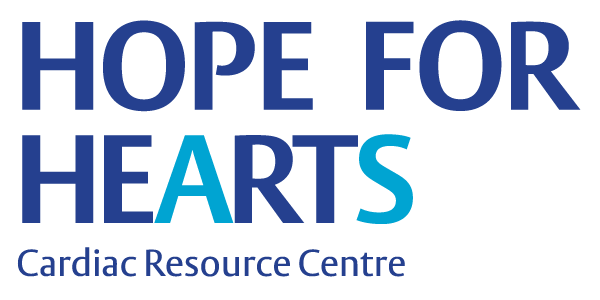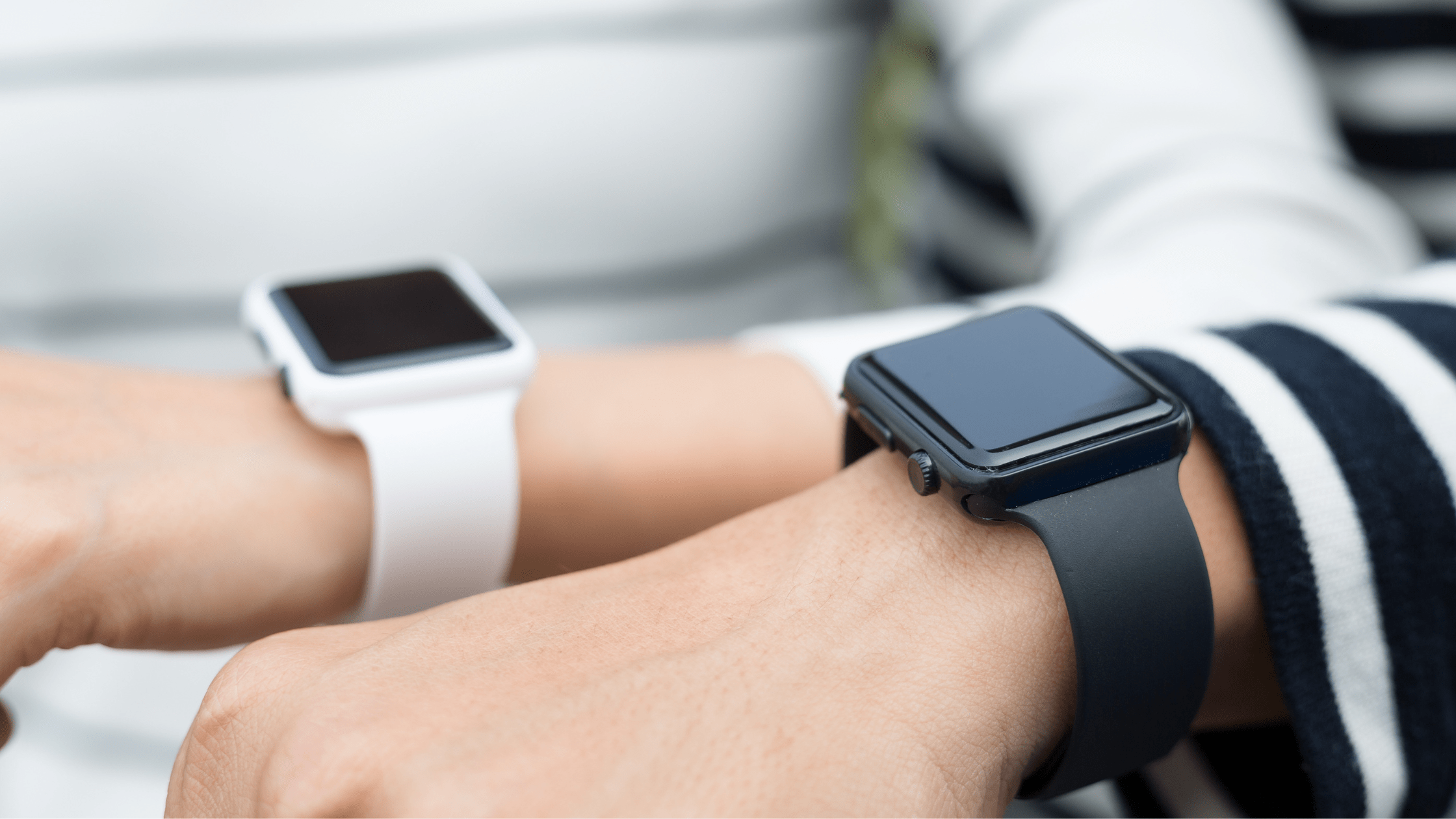Atrial Fibrillation (AF) is the most common arrhythmia seen in general practice. It can have a significant impact on quality of life as well as increasing the risk of stroke if undetected or untreated. The cause of AF is unknown, yet it appears to increase in occurrence as patients age and is expected to become a significant health burden in the community as we live longer. Some cardiology experts suggest that the actual incidence of AF is most likely 2-4% of the population and is underreported due to “silent AF’, referring to patients who may have an irregular heart rate but not display any symptoms1.
What is Atrial Fibrillation?
AF is an electrical disturbance within the heart, where the upper chambers of the heart (called the atria) beat very quickly and lose electrical and mechanical synchrony with the lower chambers of the heart (called the ventricles), resulting in an irregular heartbeat.
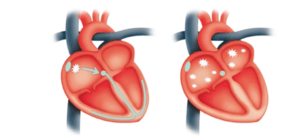
How is AF detected?
AF is usually detected using an electrocardiograph (ECG) in a doctors surgery or if you present to a emergency department. However, due to the unpredictable nature of the condition and recent studies suggesting that many patients may not be aware of the condition, it can be a difficult condition to identify.
Symptoms of the condition include:
- Palpitations (feeling of heart racing)
- Shortness of breath
- Lethargy/fatigue
- Inability to exercise or walk as far as you once could (for example)2
Smart Watch Technology
Smartwatches are a group of watches used frequently to monitor the length of exercise, heart rate, calories used, and distance travelled. They are common in the community, and many have specific algorithms installed to alert people for conditions such as AF.
However, many are inaccurate and cannot be used by patients to accurately record/report their heart rates, specifically in the case of AF.
Which Smartwatch Should I Consider?
The smartwatches currently approved by the Therapeutic Goods Administration (TGA) for AF detection in Australia are:
- Apple watch series 4, 5, 6, 7
- Samsung Galaxy Watch 2, 3, 4
- Samsung Galaxy Watch Active 2
- Samsung Galaxy Watch Classic 4
- Fitbit Sense
Should you feel symptoms, simply follow the steps on your watch/phone and the device will analyse the heart rhythm and decide whether the rhythm is regular (normal) or irregular (AF). These devices then send messages to your smartwatch or phone/tablet, notifying you that the device has identified a normal rhythm or AF3.
Apple Watches Messages
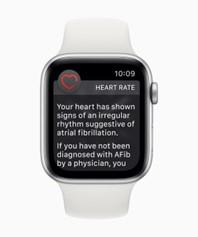
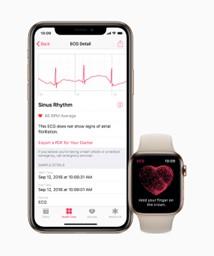
4 Apple
Samsung Watch Messages
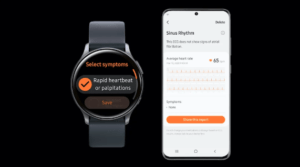
5 Samsung
Fitbit Sense Messages
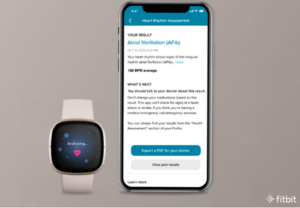
6 Fitbit
What Should I do If I Get a Message from my Smartwatch?
It is important to remember that if you are unwell, your first step should always be to contact your local doctor or call an ambulance (000) to be reviewed.
Approved smartwatches are not used to determine any other heart conditions such as heart attacks or ventricular arrhythmias, please discuss how to best use these devices with your local medical team.
However, like all medical decisions, it is important to have a plan with your local GP so you can decide how best to manage the information from your smartwatch.
NB – all information in this article is accurate at the time of writing; more smartwatch devices may be available/removed in the future due to regulatory/company strategic decisions.
Disclaimer This information is general and not conclusive. Follow any guidelines and advice from your doctor or specialist, health care or multidisciplinary team, for your personalised patient centred needs and care. Inquire about a patient advocate group regarding your specific needs. Call 000 if you experience chest pain.
To find a GP or a Cardiologist near you, visit www.hopeforhearts.com.au
Connect the Docs www.connectthedocs.com.au is a medical marketing agency specialising in therapy awareness campaigns, educating medical professionals and patients about common conditions.
